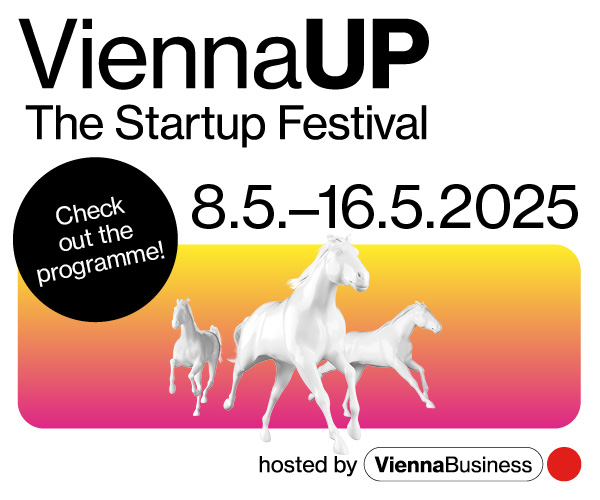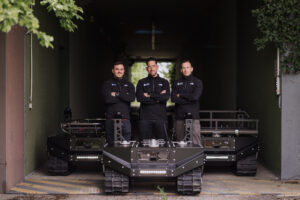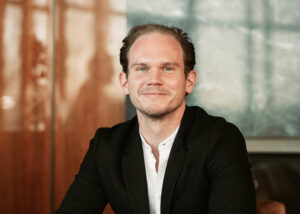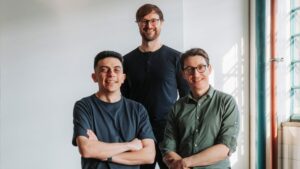Dextrophobia: The Five Years Quest and New Horizons
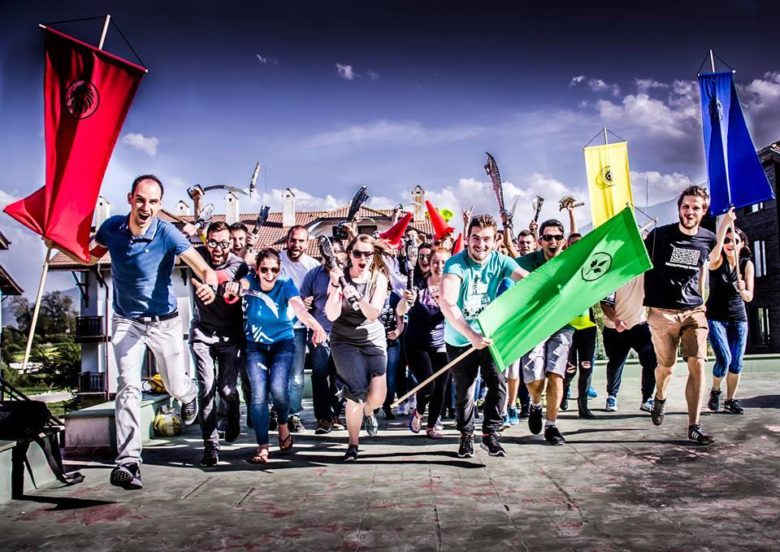
Dextrophobia, the first escape room startup in Bulgaria, was founded in 2014 with the idea to turn the alternative entertainment (a physical game in which teams have to solve quests to find their way out of a specially designed space) into a scalable business. The company has received a total investment of €100K from the local fund Eleven Ventures and tried to prove scalability, yet the market turned out to be a bit different from the expected.
In March, Paysafe, one of the largest IT companies in Bulgaria partnered with Dextrophobia, to create a special escape room for developers as part of their recruiting campaign. Logically, we decided to follow that clue and find out what has Dextrophobia turned into.
From the Room into the Woods
The boom of the escape rooms market in Bulgaria was somewhere between 2015 and 2016, in which period the number of rooms exceeding 100. In the next two years, some of them closed down, and right now, there are around 60 active ones in capital city Sofia, Alexander Grozdanov estimates.
Grozdanov, together with his six co-founders opened the first room Dextrophobia almost five years ago. They opened up three more in the next two years. Between €12K and €35K of investments have flown into each of the locations. Currently, none of the co-founders, besides himself are operationally active, after it turned out the business couldn’t be properly scaled, and Grozdanov is looking for alternatives to sustain it. “At some point as we realized that, we already had a dilemma – coming from the startup sphere, we all wanted something with real growth potential. We had to, however, pivot the model,” says Grozdanov.
Today 55% of the revenues still come from the rooms themselves. Another 35% from organizing gamified team buildings with quests for up to 70 people played outside the cities, and a small percentage of open area quests in the city for everyone who wants to participate. “It turned out that the more rooms we have, the more we struggle with filling the capacity. To make it a sustainable business we had to have 250 teams playing in the four locations monthly. Which is hard to reach,” Grozdanov explains. Currently, the company has fixed monthly costs of around €8K and makes up to €10K revenues monthly. Last year, the company generated revenues of only €125K.
Yet, Grozdanov has not given up on the project and continues designing new quests and games, and also tries out different models.
The new B2B line
Given the tough situation, Grozdanov pivoted from B2C entertainment to B2B agency-like model. The company already has designed four games suitable for team buildings and offers a service to enterprises. So far, Dextrophobia has completed around 100 projects of this type and the main clients have come from the IT, but also consultancy sectors. “We have one human size board game for up to 40 people, and also a quest for groups of up to 70,” explains the founder.
This seems to be more sustainable model because the margins are up to 80%. The seasonality of the business, however, needs to be taken into account too. “The margins are indeed good, but there are only four months that are really active and 90% of the work is then,” he adds. In addition to that, in this space, Dextrophobia is already competing with team building agencies.
For the time being, however, Grozdanov is still hopeful. According to him young professionals (25-35 years, over average income) are already used to this type of entertainment and there’s demand. “We hope to see the bottom-up process happening in the companies – employees proposing escape room team buildings to the HR departments,” Grozdanov smiles.


